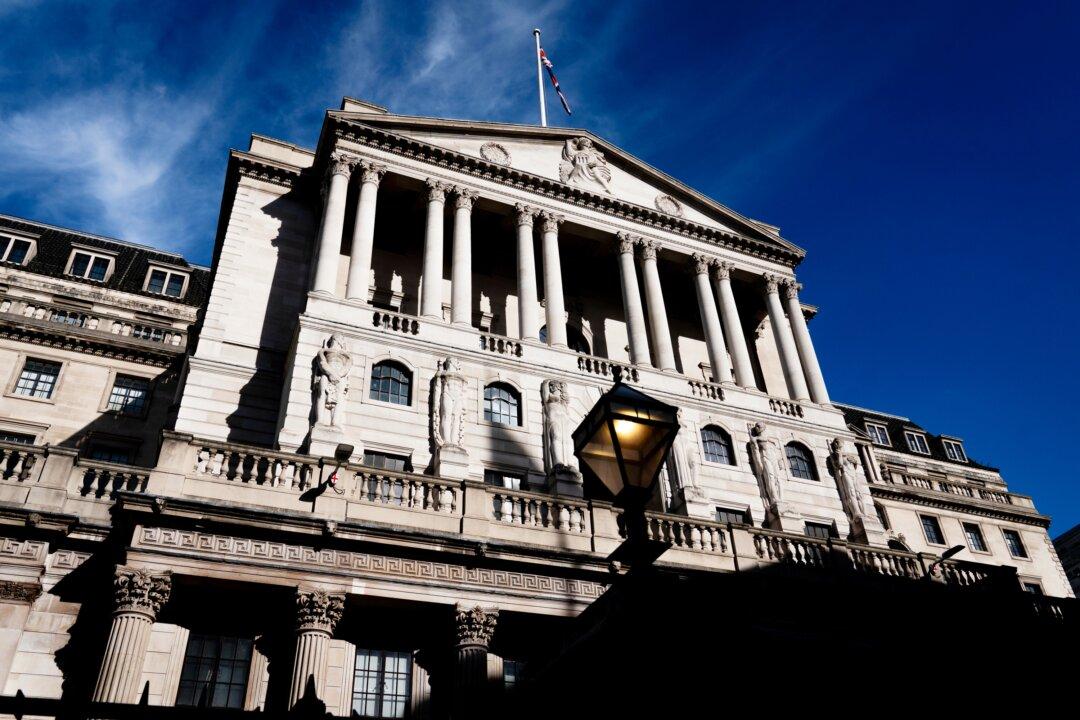Traders have scaled back their expectations of interest rate cuts by the Bank of England (BoE) this year after a top economist said imminent cuts were unlikely.
Instead of anticipated six interest rate cuts, traders are now betting on just two to be announced by the BoE’s Monetary Policy Committee (MPC) in 2024. The rates are expected to begin to fall in either August or September.
MPC member Megan Greene has warned that while the risk of inflation persistence is diminished in the UK, it remains higher than in other advanced economies.
United States and UK
The comparison of economic conditions in the United States and Britain, including potential productivity growth and labour supply, shows a stark difference, the top economist said.Stronger growth and supply of U.S. markets mean they can withstand more economic demand before it turns inflationary, said Ms. Greene.
She painted a gloomier picture for the UK economy, which is expected to grow by one percent this year, and ultimately by 1.3 percent by 2026. This compares to 2.2 percent over the same period for the United States.
Britain also compares unfavourably in terms of its business investment and labour supply. While overall labour market participation in the United States has exceeded the pre-COVID-19 trend, the UK failed to recover to the pre-pandemic trend.
“With both weaker supply and demand in the UK than the US, we have to look at signs of persistence to compare the inflation dynamics and potential rate paths. I’m worried that second-round effects are having a larger and longer-lasting impact in the UK,” Ms. Greene said.
She attributed a range of factors, including worldwide supply chain issues and the war in Ukraine, to the rise of inflation. The impact of global developments has “reverberated differently across economies,” Ms. Greene explained.
Inflation and Interest Rates
The increase in consumer prices in the United States, reported on Wednesday by the Federal Reserve, has also curtailed interest rate cut bets.The U.S. headline CPI index rose by 3.5 percent over the 12 months to March, up from 3.2 percent in February. Higher costs for fuel, housing, dining out and clothing contributed to the hike.
The current interest rate, set by the Federal Reserve is at the highest level in more than two decades, in the range of 5.25 percent-5.5 percent.
Failure to curb the rise in prices could throw off the Federal Reserve’s indication that rates in March were at their peak and could be cut later in 2024.
The interest rate currently set by the European Central Bank (ECB) is at 4 percent. In the March report on monetary tightening, the ECB indicated a probable 0.25 percent interest rate hike in the near future, suggesting that interest rate cuts are “more and more priced out.”
The ECB added that its Governing Council members are “not comfortable about the market pricing rate cuts in late 2023.”
In the UK, the BoE expects inflation to hit its 2 percent target in the second quarter 2024, before increasing again in subsequent quarters. Inflation slowdown in February, from four to 3.4 percent, has been welcomed by Downing Street, as the government prepares for a general election this year.
In the latest MPC decision, policymakers held the rate at 5.25 percent by a majority vote of eight to one. The rate has remained unchanged since August 2023, after a 5.15 percentage points hike since August 2021.







